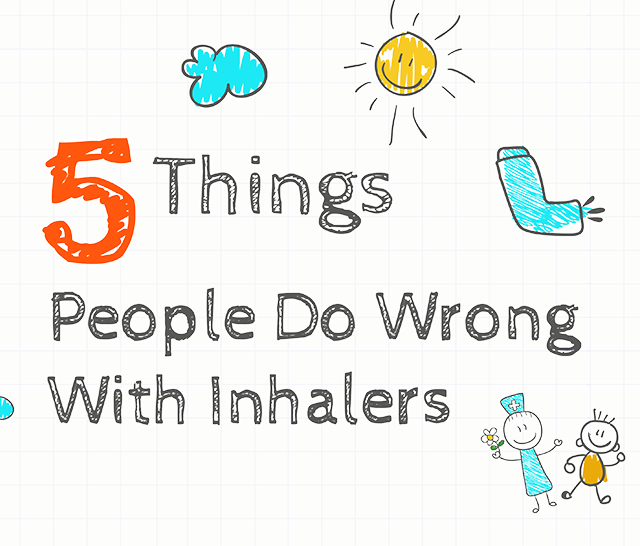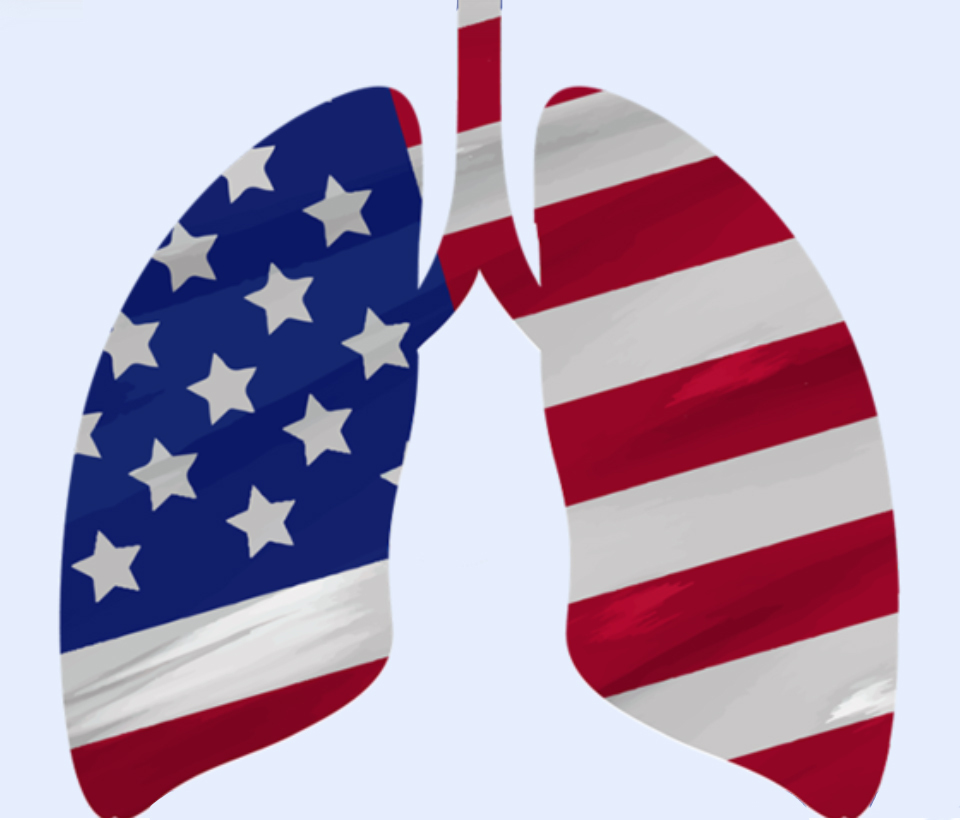
Asthma in the UK: What’s the State of Play?
The below content is derived from research done using sources available on the internet. Safey Medical Devices Inc and its subsidiaries do not take any responsibility for the accuracy of the content. No medical decision should be taken on the basis of below content without consulting with your Medical Practitioner.
Asthma is now one of the most common long-term conditions in the UK. Read on to discover the prevalence of asthma in your region and how the NHS is combating it.
According to a recent study of the true cost of asthma in the UK, this lung condition is now one of the most common long-term conditions in the UK. Asthma affects individuals of all ages, even though it is most prevalent in children and young adults. There is no immediate cure for asthma, which makes it all the more important that symptoms are kept under control and don’t have an overly negative impact on the day-to-day lives of asthma sufferers.
The same report also revealed that the UK ranks among the countries with the highest prevalence of asthma in the world, with an overall spend of £1 billion-plus on direct healthcare for asthma in England and Wales and more than £130 million in Scotland alone.
Asthma UK believes there are 5.4 million people now suffering with asthma in the UK, while the British Lung Foundation believes a total of 8 million people have diagnosed with the condition at some point in their lives. That equates to one-in-11 people and one-in-five households across the country.
What is the prevalence of asthma throughout the UK?
Every ten seconds, someone is experiencing a potentially life-threatening asthma attack in the UK. Let’s take a look at Asthma UK’s latest figures which indicate the regions of the nation where asthma is most rife:
England
- 4.5 million people (one-in-11) are currently receiving treatment for asthma.
- 932,000 children
- 3.6 million adults
Wales
- 314,000 people (one-in-ten) are currently receiving treatment for asthma
- 59,000 children
- 256,000 adults
Scotland
- 368,000 people (one-in-14) are currently receiving treatment for asthma
- 72,000 children
- 296,000 adults
Northern Ireland
- 182,000 people (one-in-ten) are currently receiving treatment for asthma
- 36,000 children
- 146,000 adults
The statistics above suggested that Wales and Northern Ireland are the nations with the highest amount of asthma sufferers per head.
UK asthma death rates
In 2016, some 1,410 people in the UK died as a consequence of their asthma. According to a recent report by Asthma UK, the UK’s asthma death rate has soared to one of the worst in Europe, with a 20% rise in asthma-related deaths in the last five years.
The latest figures suggest asthma is linked to 1,434 deaths a year, which is the fourth highest figure throughout the member states of the European Union (EU).
Asthma experts believe that a lack of basic checks into individuals’ asthma conditions was leading to hundreds of unnecessary deaths across the UK, with two-thirds of deaths preventable with the right asthma care.
Almost two-thirds (65%) of asthma sufferers are not receiving the basic care they need e.g. yearly reviews and check-ups to ensure they are using their inhaler properly and adhering to bespoke asthma action plans.
“It is truly shocking that so many people in the UK are dying from asthma attacks and while other countries are improving, we are lagging behind.
“While we don’t know for sure why the UK is performing so poorly in preventing deaths from asthma, we think a lack of understanding could play a part.”
Dr Samantha Walker, Director of Research and Policy, Asthma UK.
Pollen ‘bomb’ has hit asthma sufferers hard this summer
To make matters worse in recent months, the unseasonably high temperatures have seen the UK engulfed in extremely high levels of pollen. The sizzling heatwave that’s weaved its way across the country has led to very-high pollen counts which have put asthma sufferers at risk of “life-threatening” attacks.
The Asthma UK helpline received 642 calls in June about the issue of the UK’s pollen ‘bomb’, up from 450 in April, representing a 42% increase in concerned asthma sufferers.
“Calls to Asthma UK’s specialist nurse-staffed helpline surged by over 40% in June, with many callers saying that they are struggling to cope with high pollen levels affecting their asthma.
“An estimated 3.3 million people in the UK who have asthma say their pollen allergy triggers their asthma so as well as having to deal with hayfever symptoms such as itchy eyes, sneezing and a running nose, they’re also at risk of a life-threatening asthma attack.”
Sonia Munde, Head of Services, Asthma UK.
The importance of using data to revolutionise asthma care in the UK
Kay Boycott, Chief Executive of Asthma UK, believes data-driven technology is the answer to improving the monitoring and prevention of asthma conditions – and that technology already exists today. For instance, smart inhalers – designed to track, monitor and prompt medication use – could enable a patient’s asthma to be monitored by their GP or asthma nurse 24/7, 365-days-a-year.
This would be a significant step forward from the annual reviews that asthma sufferers currently have with their GPs and asthma nurses. It would help sufferers to feel suitably protected and cared for. A smart inhaler could also be used as a learning tool for newly diagnosed sufferers, teaching them the best way to take their medication and receive the best results from their inhaler use.
At Safey, we believe that an asthma patient in an accident and emergency room is a failure in care. The smart inhaler technology that we’re developing not only keeps doctors and asthma nurses firmly in the loop with critical patient data, it coaxes and encourages patients to maintain the best possible adherence of their prescribed medication.
NHS funding for new asthma drug could offer a beacon of hope
In terms of asthma medication, the UK’s National Health Service (NHS) has agreed to fund a new asthma drug targeting those suffering with the worst form of asthma. This new £12,000 treatment will be given to those experiencing severe eosinophilic asthma, which affects around 1.3% of all UK asthma sufferers.
This particular type of asthma can cause life-threatening exacerbations that dramatically affect the daily lives of patients. Subsequently, the Benralizumab injection can be given every four weeks for the first three doses and every eight weeks in the months ahead. The Benralizumab is to be offered as an effective alternative to steroids and inhalers given that eosinophilic asthma is resistant to these traditional treatments.
“This drug has the potential to transform the quality of lives for many. NHS England now must ensure this treatment becomes readily available to those who need it.”
Kay Boycott, Chief Executive, Asthma UK.









